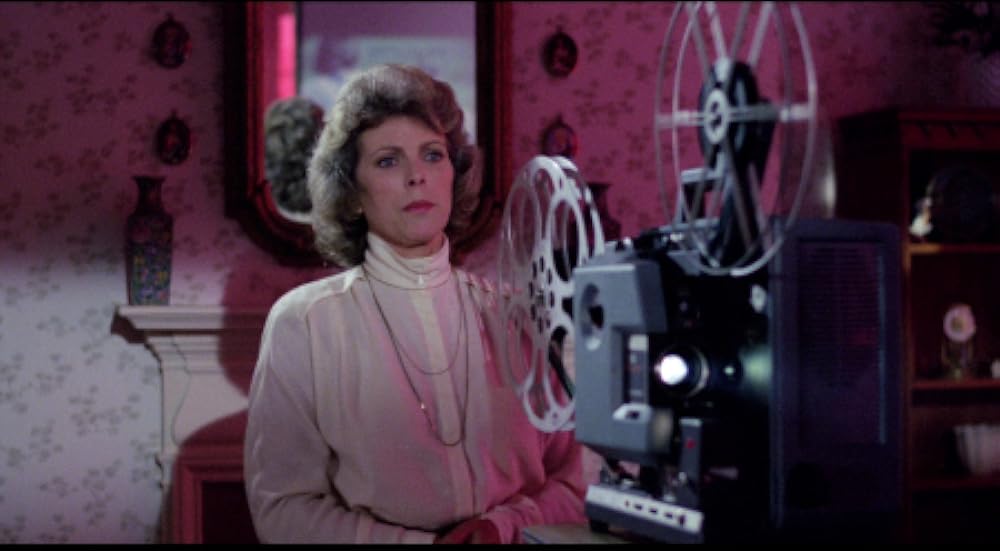In the realm of leadership, the notion of “an unsuitable job for a woman playing God” persists, deeply rooted in societal norms and power dynamics. This discussion delves into the multifaceted reasons why women have historically been excluded from certain roles and the challenges they continue to face in breaking these barriers.
From the lack of representation to the impact of gendered language, we explore the intricate factors that perpetuate the perception of certain jobs as unsuitable for women. Join us as we uncover the complexities of this issue and advocate for a more inclusive and equitable society.
An Unsuitable Job for a Woman: Playing God: An Unsuitable Job For A Woman Playing God

The notion of a woman playing God has been a subject of debate and controversy throughout history. Cultural and societal norms, power dynamics, and a lack of representation have contributed to the perception that certain jobs are unsuitable for women, including those that involve authority and decision-making.
Cultural and Societal Norms
Traditional gender roles and expectations often dictate that women are primarily responsible for domestic and caregiving duties. This has historically excluded them from roles that require leadership, authority, and a high level of responsibility, such as those in politics, the military, and corporate leadership.
- For example, in many cultures, women have been discouraged from pursuing careers in STEM fields (science, technology, engineering, and mathematics) due to stereotypes that portray these fields as being more suitable for men.
- Similarly, women have faced barriers in entering male-dominated professions such as law enforcement, firefighting, and construction.
Power and Authority Dynamics
Power dynamics and authority structures have played a significant role in excluding women from certain roles and decision-making positions.
- Historically, women have been denied opportunities for leadership and decision-making due to their gender. This has been evident in political and corporate spheres, where men have held the majority of positions of power.
- Even in cases where women have achieved leadership positions, they may face resistance or skepticism from male colleagues or superiors.
Lack of Representation and Mentorship, An unsuitable job for a woman playing god
The lack of female representation in leadership positions can contribute to the perception of certain jobs as unsuitable for women.
- When women do not see themselves represented in leadership roles, they may internalize the message that these roles are not for them.
- Additionally, the absence of female mentors and role models can make it difficult for women to envision themselves in leadership positions and to receive the support and guidance they need to succeed.
Gendered Language and Communication
Gendered language and communication patterns can perpetuate the idea of certain jobs being unsuitable for women.
- Language can reinforce gender stereotypes by using masculine terms to describe leadership roles and feminine terms to describe more supportive or nurturing roles.
- For example, terms like “boss” or “leader” are often associated with men, while terms like “assistant” or “helper” are more commonly associated with women.
Historical and Contemporary Challenges
Women who have defied gender norms and pursued careers in traditionally male-dominated fields have faced numerous challenges.
- They have often encountered prejudice, discrimination, and skepticism from colleagues, superiors, and society at large.
- Even today, women in leadership positions may face challenges such as pay gaps, limited opportunities for advancement, and a lack of support from male colleagues.
Intersectionality and Multiple Identities
Intersectionality, the overlapping of multiple identities such as race, gender, and class, can impact women’s experiences in the workplace.
- Women from marginalized groups may face additional barriers and challenges in pursuing leadership roles due to multiple forms of discrimination.
- For example, women of color may face racism and sexism in the workplace, which can limit their career opportunities and advancement.
Conclusive Thoughts
The journey towards breaking down gender barriers in leadership is an ongoing one, requiring a collective effort to challenge societal norms and create opportunities for women to thrive. By fostering representation, promoting mentorship, and addressing intersectional challenges, we can empower women to play God in their chosen fields, ultimately creating a more just and equitable society.
FAQ Explained
Why are certain jobs considered unsuitable for women?
Historically, gender roles and societal expectations have limited women’s opportunities in certain professions, such as those involving authority, physical labor, or traditionally male-dominated fields.
How do power dynamics affect women’s leadership roles?
Power structures often exclude women from decision-making positions, denying them opportunities for advancement and perpetuating the perception of certain roles as unsuitable for women.
What is the impact of the lack of representation of women in leadership?
When women are underrepresented in leadership positions, it reinforces the idea that certain jobs are not suitable for them, limiting their career aspirations and perpetuating gender bias.